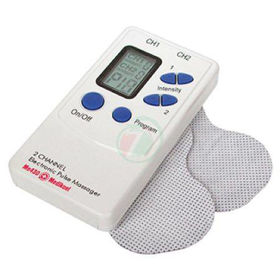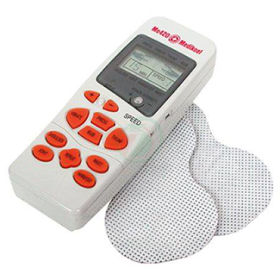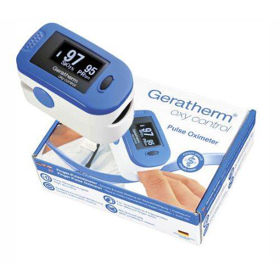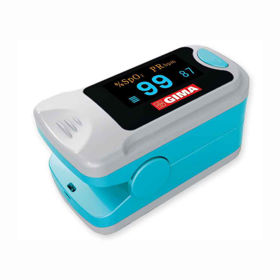Customer question:
What should a regular pulse be? Anonymous customer's question
Pharmacist's answer:
Average heart rate or pulse rate can vary from person to person and depends on various factors, including age, gender, physical fitness, health, and other circumstances. Heart rate is usually measured in beats per minute (bpm).
Typical resting heart rate zones for different age groups:
- Newborns (0-1 month): 120-160 bpm
- Infants (1 month–1 year): 100–150 bpm
- Children (1-10 years): 70-130 bpm
- Adults (over ten years): 60-100 bpm
However, it is essential to note that these are only general guidelines, and individual differences are average. Physical activity, emotional state, medication, stress, caffeine, and other factors can affect heart rate. For example, the heart rate may increase during exercise or feeling stressed, which is a normal body response to these factors.
There is also sometimes a notion of a "normal" heart rate as 60-100 bpm for adults. Still, individual differences are essential, and doctors consider the whole clinical context when assessing an individual's heart rate. If you have any concerns about your heart rate or notice any sudden changes, talk to your doctor, who can provide you with an appropriate assessment and advice.
Interesting reading: Low heart rate
Interesting reading: Minimal heart rate













